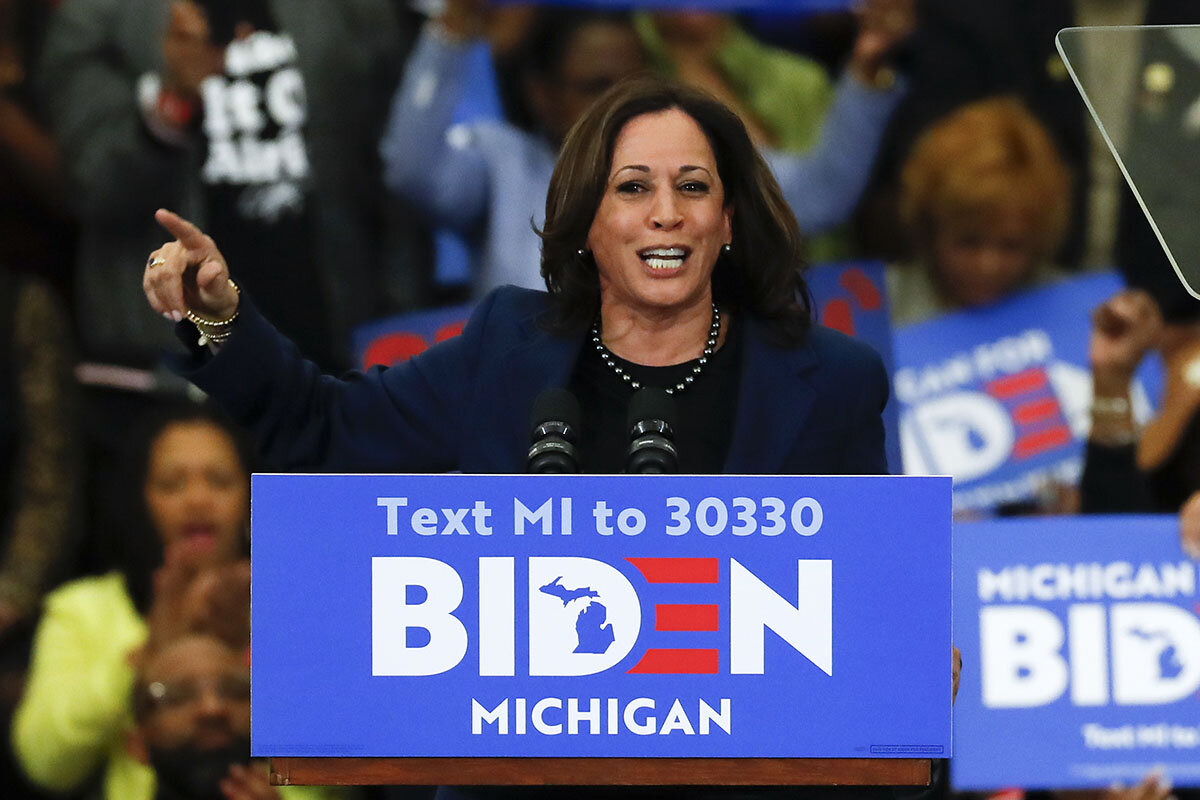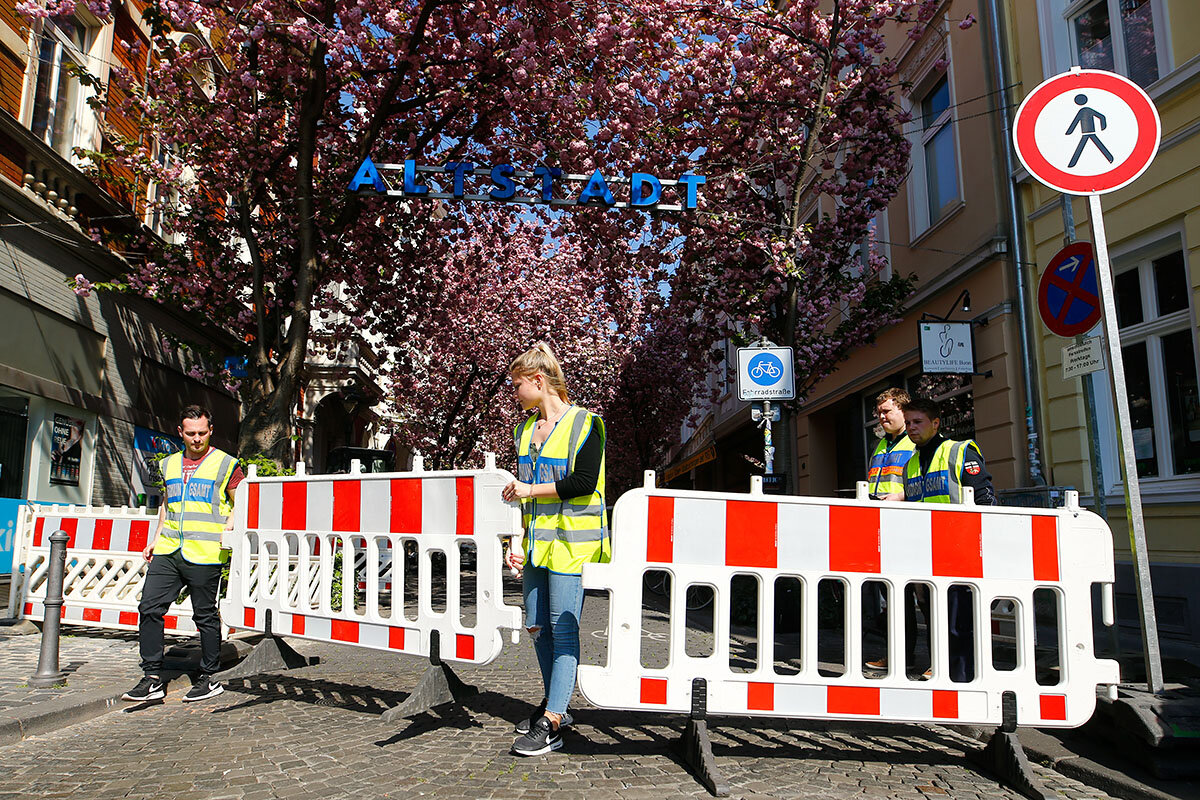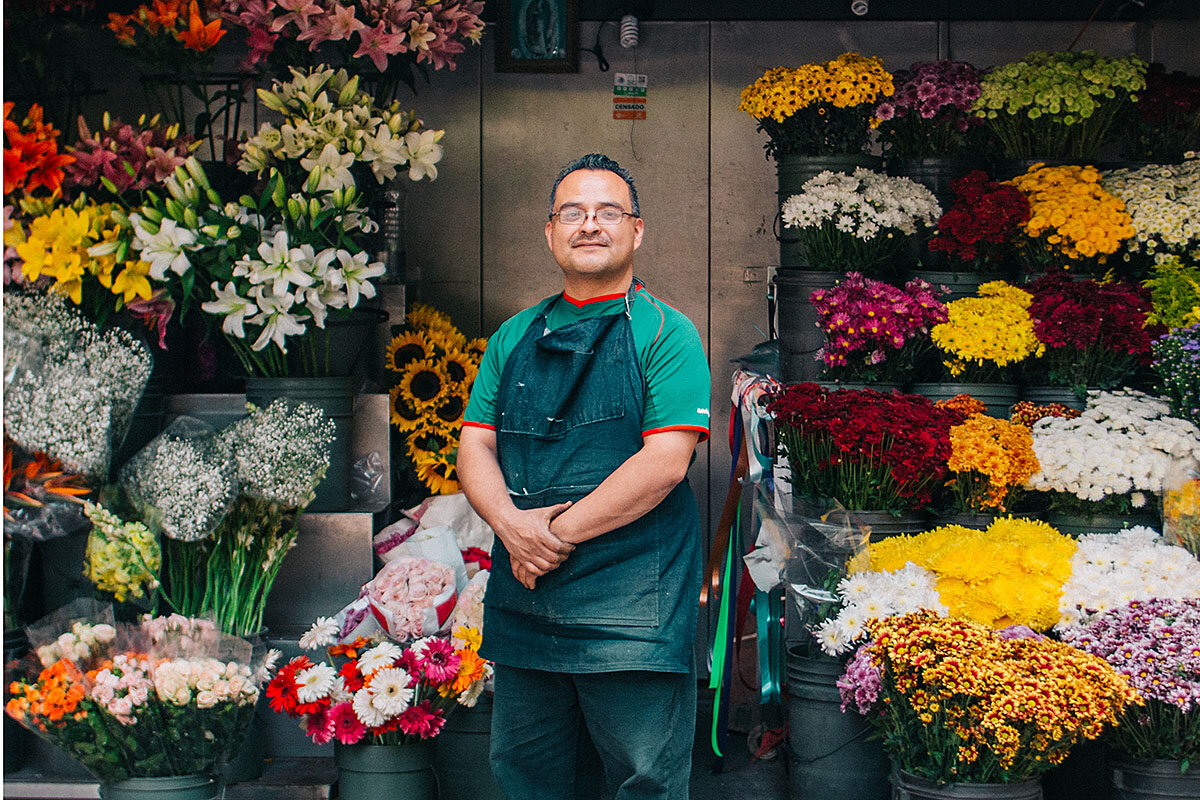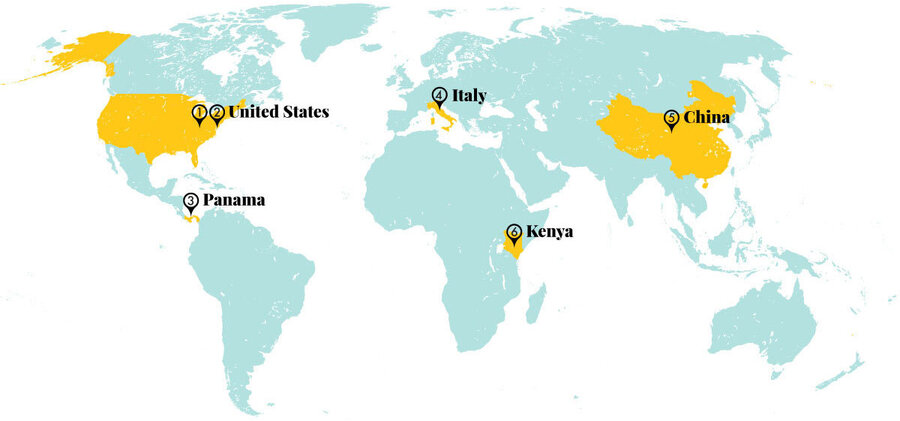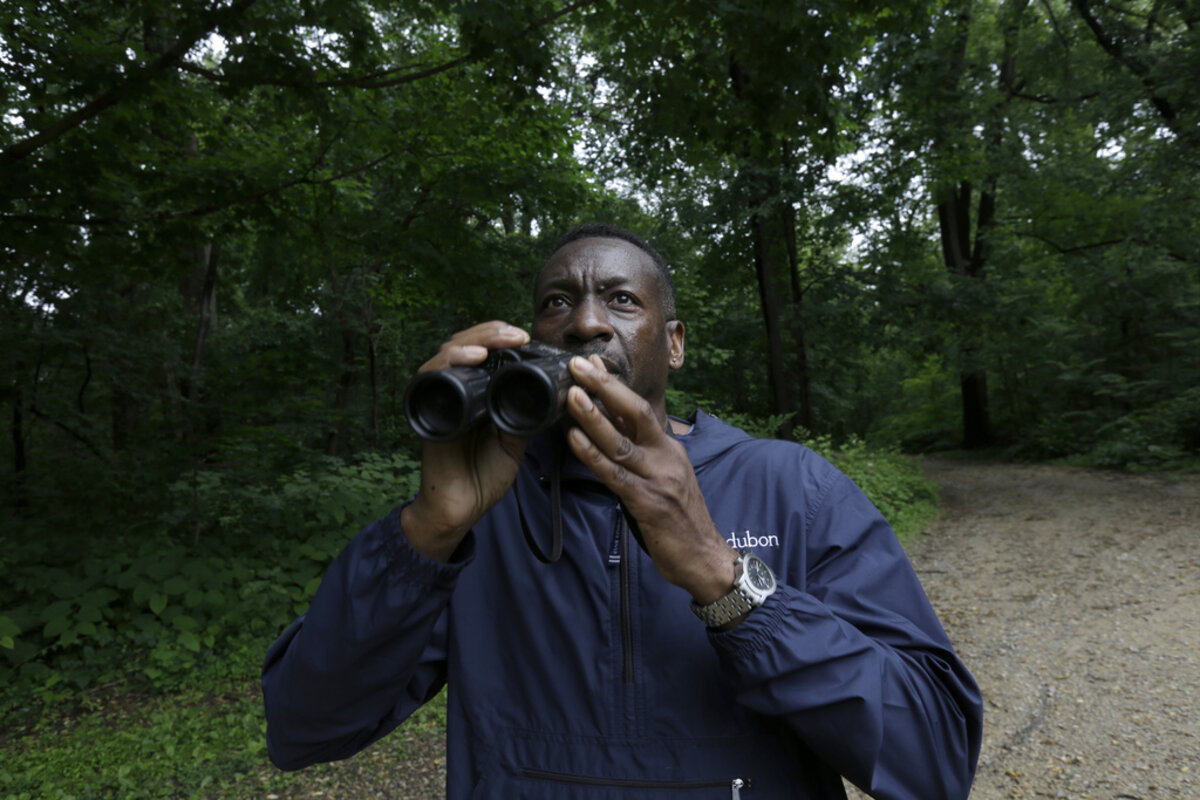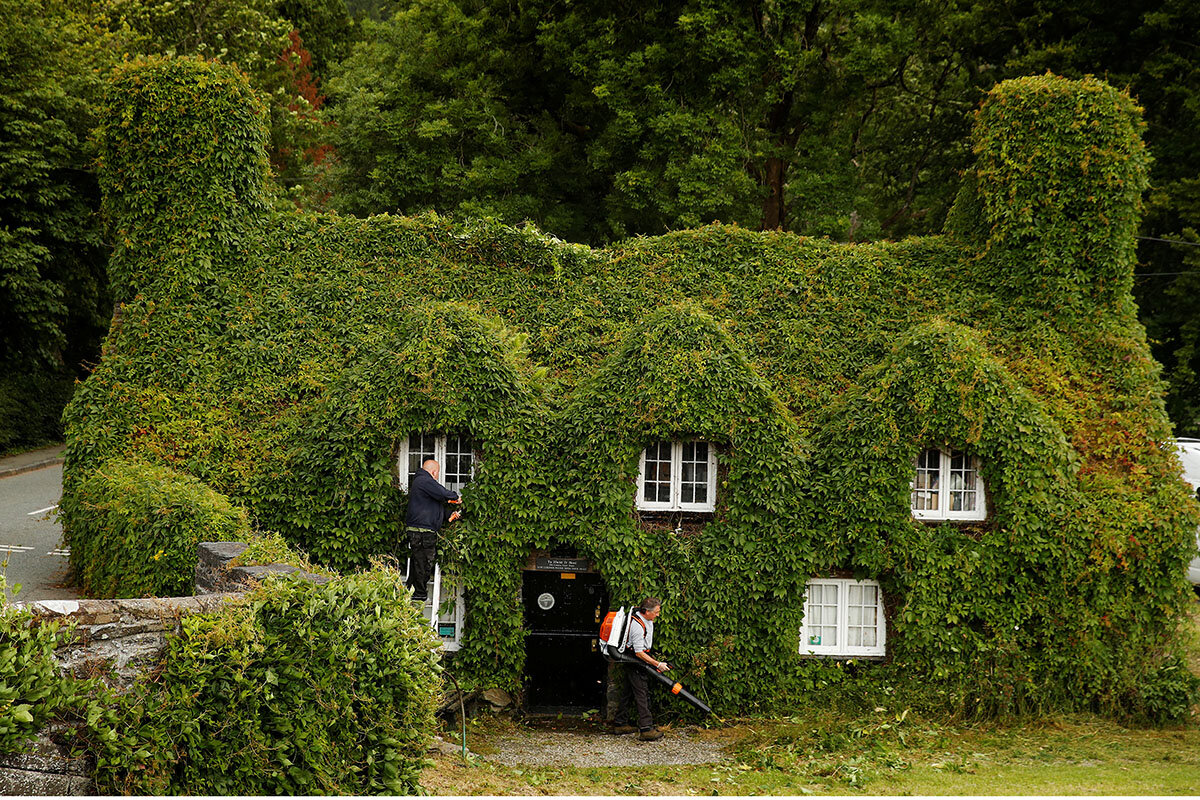The choice of running mate always affects presidential candidates’ prospects. This time the process has even higher stakes. It’s an acid test of America’s commitment to further diversifying the halls of political power.
Monitor Daily Podcast
- Follow us:
 Clayton Collins
Clayton Collins
Native American peoples tend to sit out celebrations of one kind of American independence.
Over the holiday weekend, their own stories became more central.
In one case they were pushed aside. But Lakota Sioux protesters, standing on unceded territory, first at Mount Rushmore in the sacred Black Hills of South Dakota.
In another they were aided. A District of Columbia sports franchise agreed to a “thorough review” of an offensive name. Native American leaders to urge change in 1972. Pressure from corporations like stadium-sponsor FedEx helped make change imminent.
An insidious false narrative about Native Americans has long persisted: that they sit passively at the receiving end of a dominant culture’s actions. But the weekend’s developments, and other, quieter stories, highlight something else: the power of hope – and of agency, and inclusion.
There’s their dual fight in the U.S. Northwest. And then there is the very personal.
Sean Sherman is an Oglala Lakota chef in Minneapolis. He sees reconnection to culture, through food, as an antidote to historical oppression.
He and a partner are launching Its work will run from pre-colonial food prep to ethnobotany. Its mission: a culinary revolution meant to inspire and nourish. To strengthen, and not to exclude.
“There’s this huge knowledge base that we should be tapping into,” , “to make a better world for everyone.”






